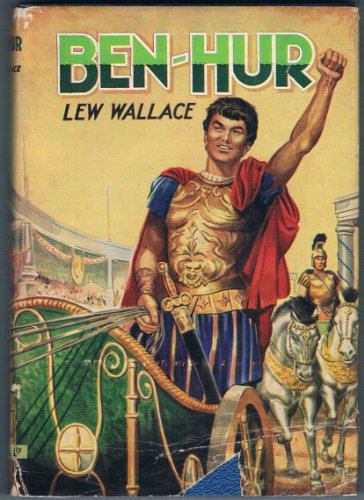
Erlanger was persuaded to accept a generous profit participation deal and total approval over every detail of the production.Ĭhoosing the title role was difficult for June Mathis. The play's producer, Abraham Erlanger, put a heavy price on the screen rights.


In 1922, two years after the play's last tour, the Goldwyn company purchased the film rights to Ben-Hur. īen-Hur: A Tale of The Christ had been a great success as a novel, and was adapted into a stage play which ran for twenty-five years. However, Messala does not die, as he does in the more famous 1959 adaptation of the novel.īen-Hur is eventually reunited with his mother and sister, who have developed leprosy but are miraculously cured by Jesus Christ. This eventually leads to a climactic showdown with Messala in a chariot race, in which Ben-Hur is the victor. This actually works in the admiral's favor because when his ship is attacked and sunk by pirates, Ben-Hur saves him from drowning.Īrrius then treats Ben-Hur as a son, and over the years the young man grows strong and becomes a victorious chariot racer. Once aboard ship, his attitude of defiance and strength impresses a Roman admiral, Quintus Arrius, who allows him to remain unchained. Along the way, he unknowingly encounters Jesus, the carpenter's son who offers him water. When an accident and a false accusation leads to Ben-Hur's arrest, Messala, who has become corrupt and arrogant, makes sure Ben-Hur and his family are jailed and separated.īen-Hur is sentenced to slave labor in a Roman war galley. Ben-Hur is a wealthy young Jewish prince and boyhood friend of the powerful Roman tribune, Messala.


 0 kommentar(er)
0 kommentar(er)
